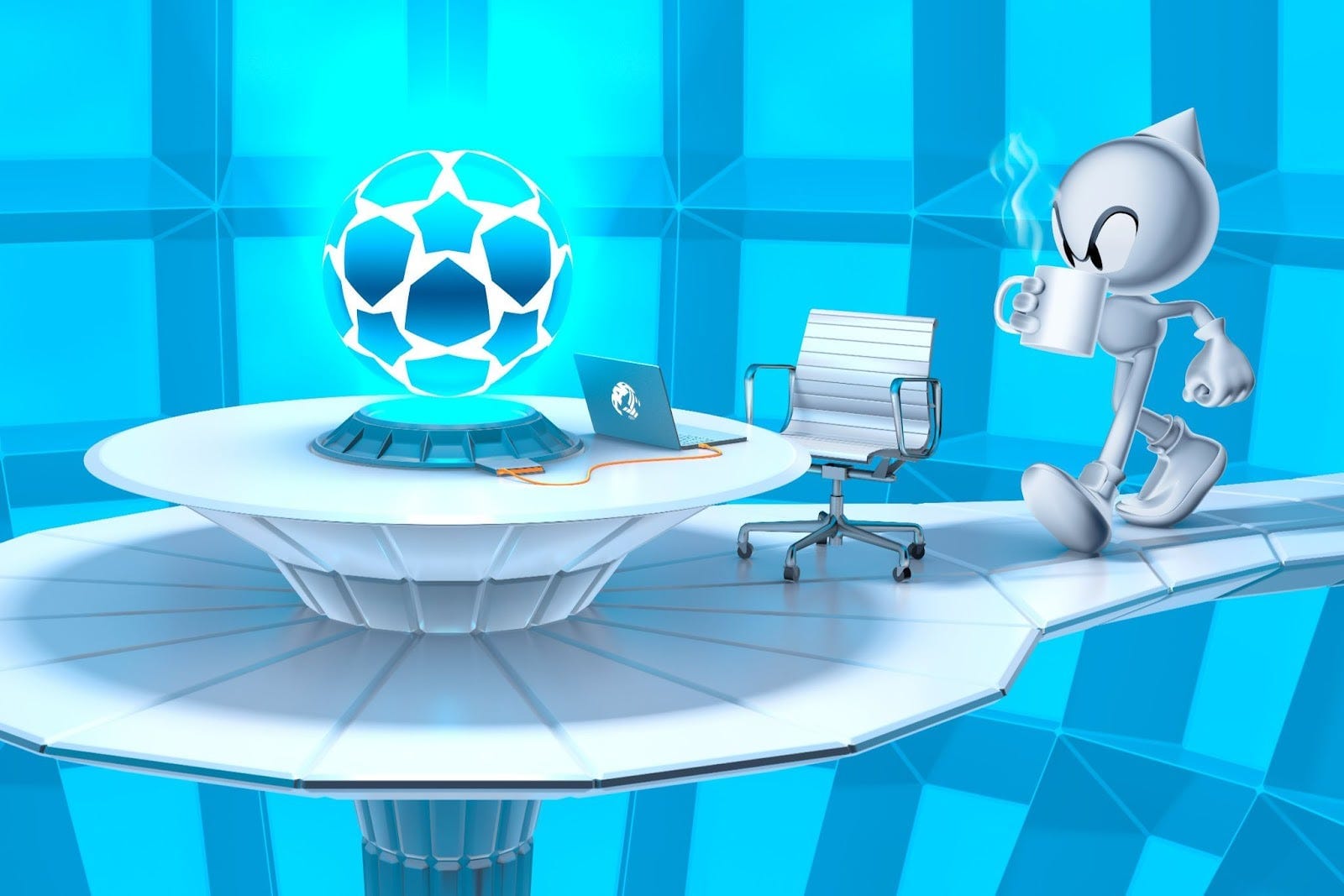Dear Bankless Nation,
PartyDAO is a collective that builds “multiplayer crypto” tools that help people team up on-chain.
The group’s first flagship app, PartyBid — which I covered almost one year ago to the day in Bankless — makes it easy for friends and/or strangers to buy NFTs together as a unit.
Notably, PartyBid’s now on the verge of getting a huge makeover, and a big part of this evolution will stem from the capabilities afforded by its underlying Party Protocol tech, which PartyDAO just unveiled today.
Let’s walk through what we can expect from this interesting new infra for today’s post!
-WMP
Party Protocol for on-chain squads
The tl;dr 🎊
PartyDAO has deployed and open-sourced the Party Protocol, a new protocol for on-chain group coordination on Ethereum.
Why it matters 🌐
3) The Party Protocol aims to enable a multiplayer future, providing functionality for core group behaviors:
— PartyDAO (@prtyDAO) 5:00 PM ∙ Nov 17, 2022
Formation - Assembling a group and combining resources.
Coordination - Making decisions and taking action together.
Distribution - Sharing resources with group members.
The original rendition of PartyBid was impressive, but the app mainly made it easy to collectively buy NFTs.
The new Party Protocol infra streamlines the ability for groups to collect NFTs together but also importantly adds the ability for these groups to vote on different actions they can undertake around their NFTs. The system’s focus on active on-chain coordination over mere group collecting will make the new and improved PartyBid, which is due out next month, and other apps built on the protocol ripe for all sorts of social use cases.
How it works ❓
- The first important elements of the Party Protocol are its trustless crowdfunding smart contracts. These contracts allow groups to pool their ETH to buy NFTs per different strategies like auctions, “Buy Now” purchases, collection floor offers, and later more formats. If groups fail to raise enough ETH for their crowdfunds, the participants get refunded. If groups succeed, the participants get voting power on a pro rata basis per the ETH they provided.
- The next pillar of the Party Protocol is its coordination system. This starts with memberships, which are tracked by dynamic and tradable on-chain NFTs a la Uniswap v3 LP SVGs. These membership NFTs let group members vote on activity proposals, claim ETH or ERC20 token distributions, and beyond. Then there’s the voting process, which will offer a novel “acceptance threshold” approach to facilitate fast governance. Lastly there are the proposal engines, which groups will use to see which actions — e.g. calling specific NFT smart contract functions — that they can undertake.
- Finally, Party Protocol’s distribution system makes it so anyone within a group can kickoff a distribution for accumulated ETH/ERC20s so any members can claim their dues in proportion to their contributions.
What they’re saying 💬
In their Party Protocol announcement post, PartyDAO noted:
“Smart contracts provide strong guarantees for how software will behave, and have been used to build new services where the rules are transparent and trust in a specific provider is no longer required. However, the coordination enabled by these protocols does not typically happen at a social layer. We believe the same leaps forward that trustless protocols have brought to financial primitives can be brought to groups of people acting in coordination, and that this will be a core unlock for Ethereum.
[...] We believe there is a larger protocol opportunity for group coordination. New primitives that help people assemble around shared goals will help evolve Ethereum into a network where people can do more together.”
What to watch 👀
As I mentioned before, PartyDAO is slated to launch the new and improved PartyBid on top of Party Protocol in December 2022, so we’ll soon have a slick and user-friendly way to see the power of the Party Protocol up close for ourselves.
Moreover, since this new infra is open, third-party projects can build their own social applications beyond PartyBid, so look for new coordination experiments to arise in the months ahead as more teams start building around the Party Protocol.
I think it’s safe to say that a major part of the future of crypto will be doing fun and experiential things with others. To that end, I believe the arrival of Party Protocol and its multiplayer crypto mission represent important steps forward for the NFT space. For now, though, the on-chain party’s just getting started 🥳
